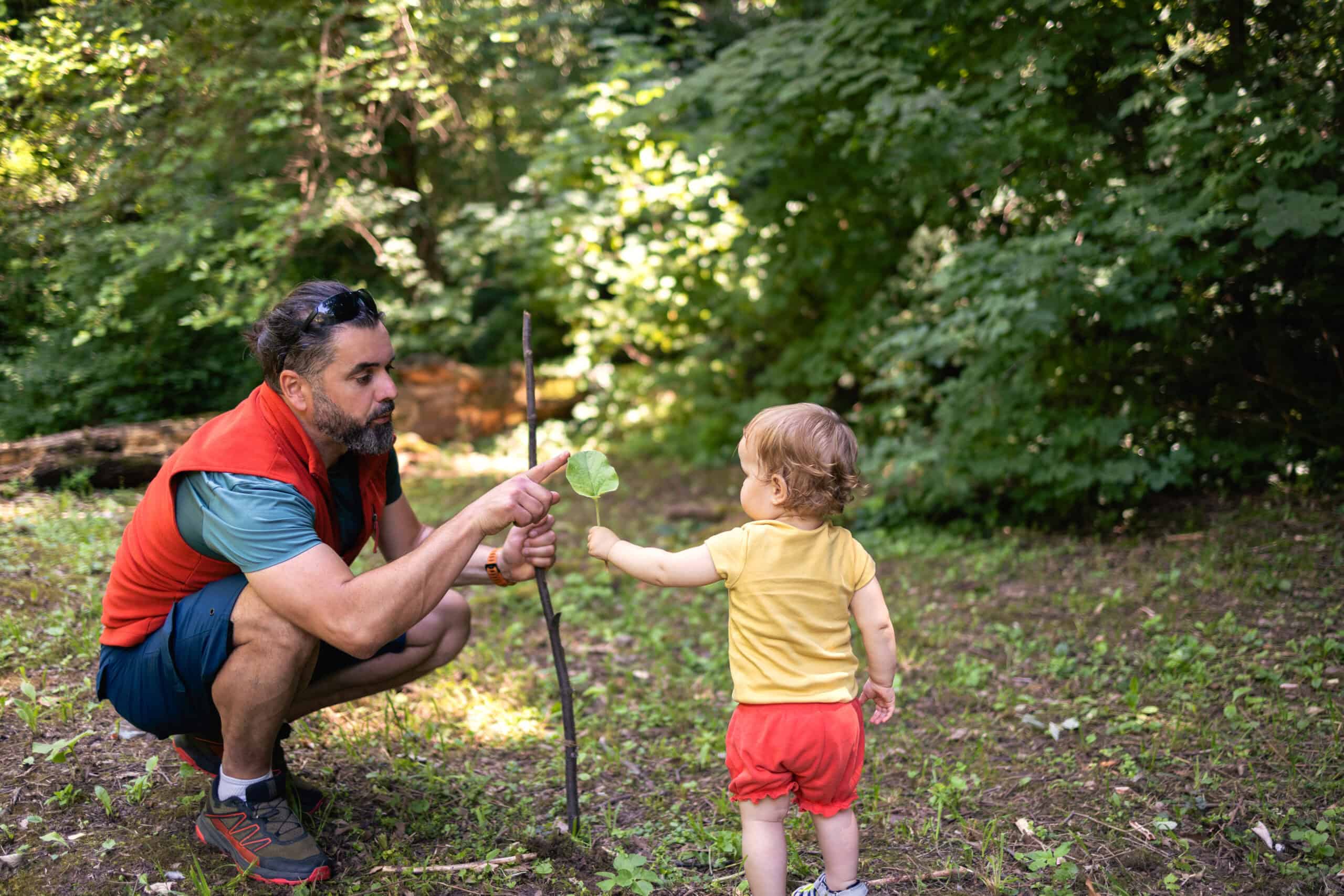Wellbeing Dimension: Identity Wellbeing
Identity Wellbeing strengthens personal empowerment and self-understanding by helping individuals embrace their unique identity and role in the world. As part of the Personal Wellbeing Domain, it encourages self-discovery and the development of a confident, authentic self.
-
Purpose-Driven Technology: How to Shift From Mindless Scrolling to Meaningful Use
Have you ever found yourself endlessly scrolling through social media, only to look up and wonder where the time went? Purpose-driven technology is essential for maintaining mental wellbeing, productivity, and focus. Technology has become an integral part of our daily lives. From social media feeds to productivity tools, digital innovations shape the way we work,…
-
The Science of Thinking: How Logical Thinking Shapes Child Development
How do children learn to make sense of the world? Logical thinking in child development plays an important role in helping kids understand cause-and-effect relationships, solve problems, and make informed decisions. From an early age, children begin to explore patterns, analyse situations, develop reasoning skills that shape their cognitive growth, and make sense of the…
-
Pattern Recognition and the Brain: How Cognitive Processing Shapes Learning & AI
What if I told you that your brain’s ability to detect patterns is the foundation of learning, decision-making, and even artificial intelligence? Pattern recognition in the brain is a fundamental cognitive function that allows us to interpret sensory input, identify familiar structures, and anticipate future events. This process is fundamental to learning, decision-making, problem-solving, and…









